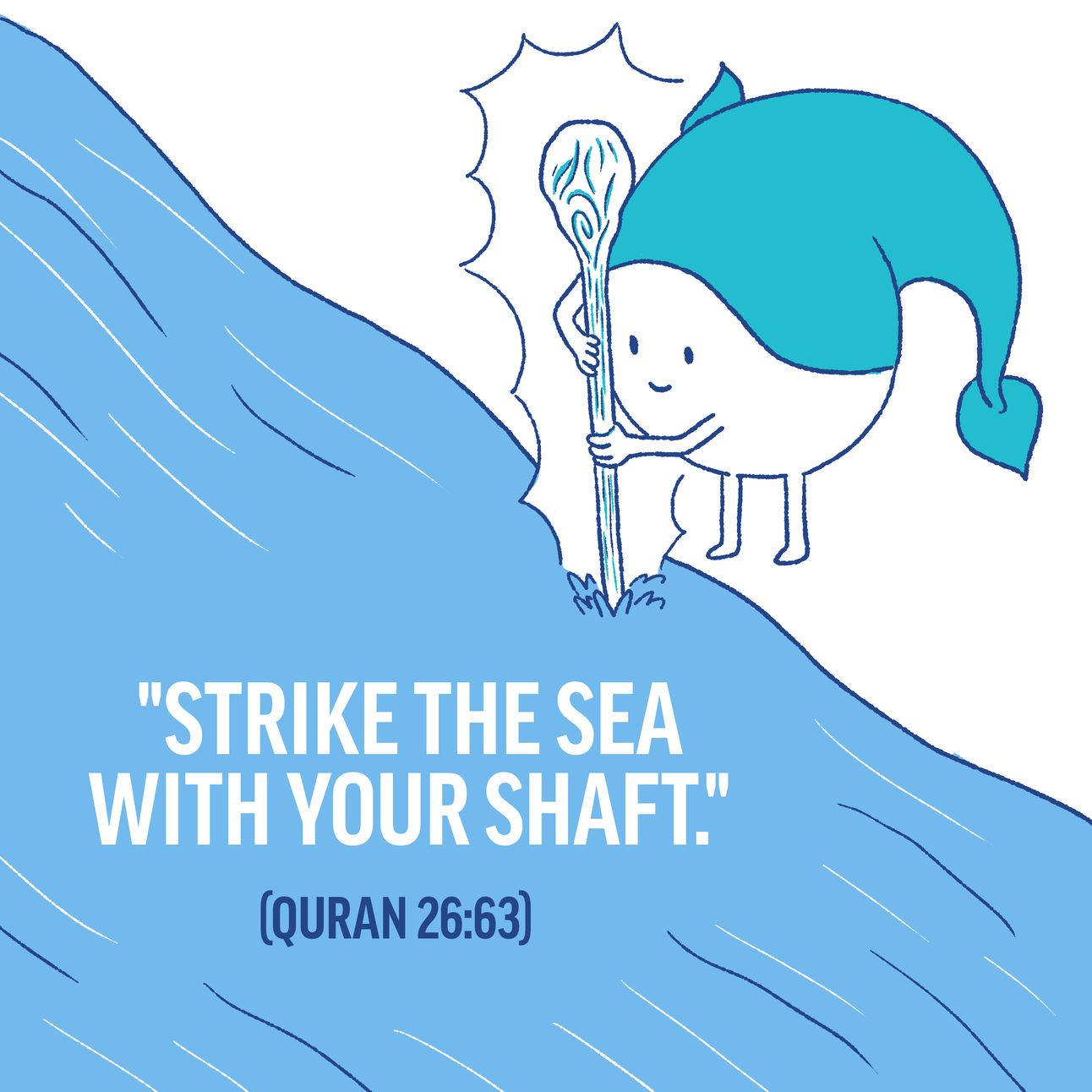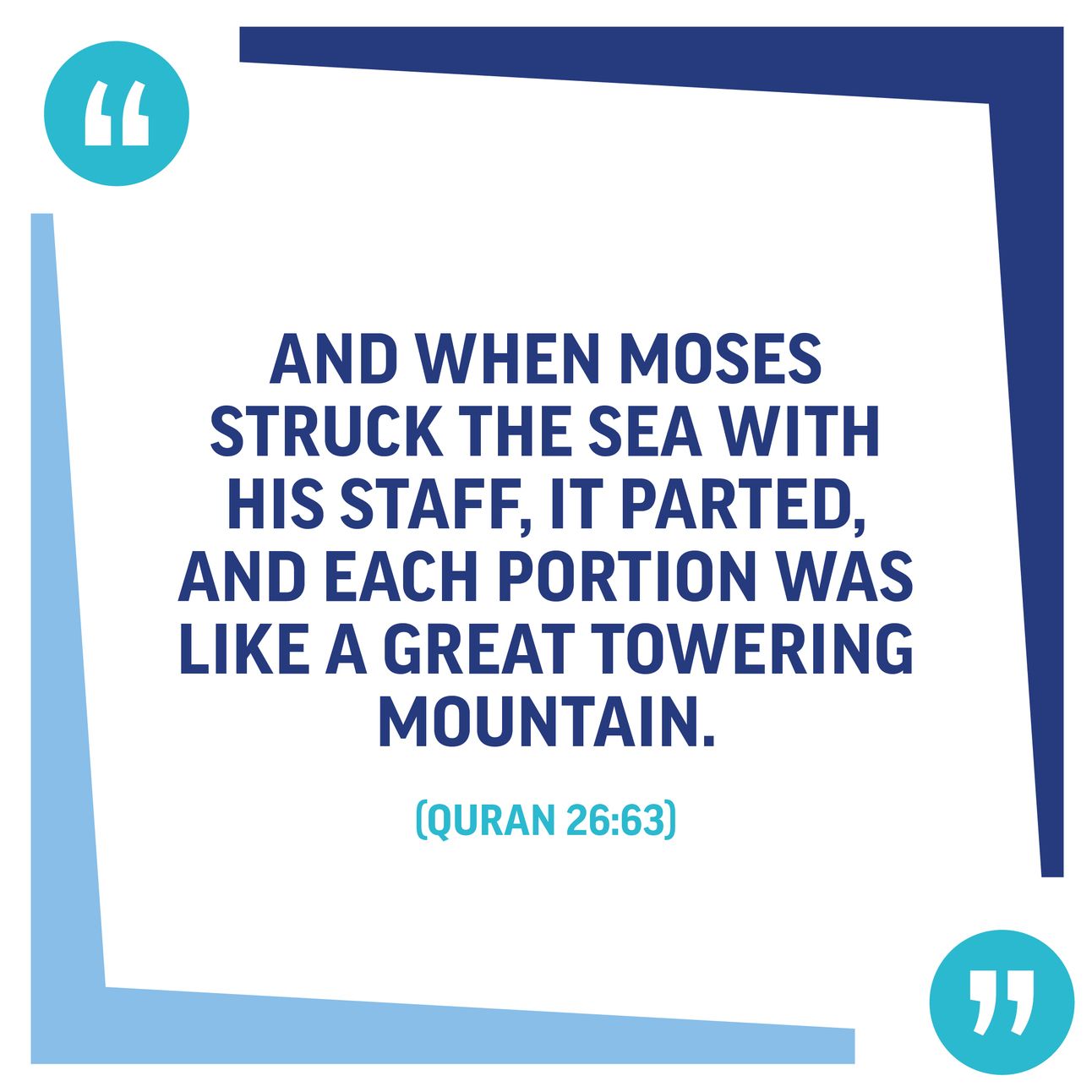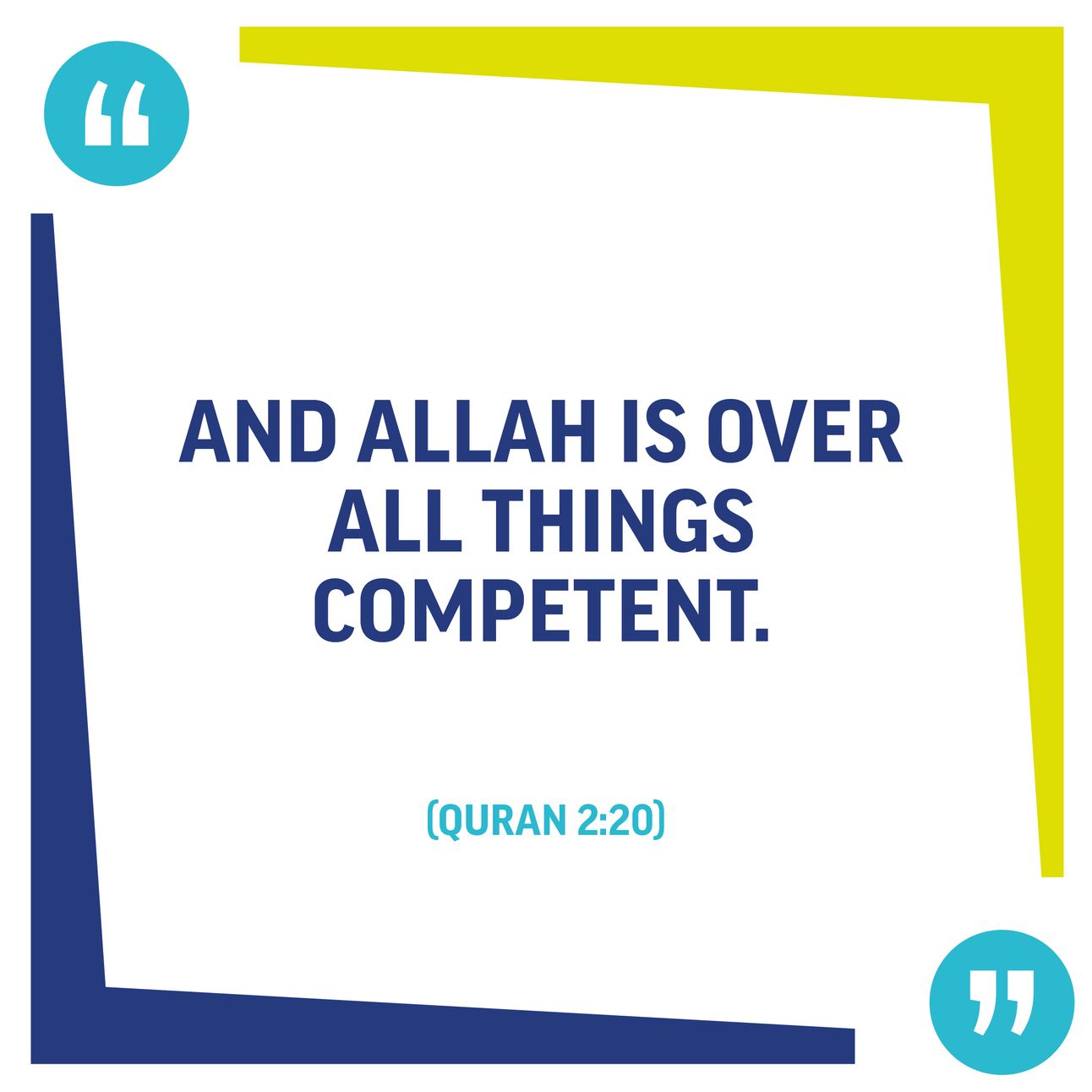- Workship Labs
- Posts
- The Split Second of Faith: Turning Obstacles into Pathways
The Split Second of Faith: Turning Obstacles into Pathways
Muharram 10- The Day of Ashura
Al Salam Alaikum 🌱
Today is the sacred day of Ashura, when we commemorate one of history’s greatest displays of faith in action.
Yesterday, we stood with Prophet Musa at the shoreline.
Today, we step into the most crucial moment in entrepreneurial leadership- the split second between faith and action.

👣 The Step that Changed Everything
Here’s what most people miss about the parting of the Red Sea: it didn’t happen while Prophet Musa stood still, praying and hoping. Allah (SWT) commanded him:

Prophet Musa had to take action. He had to step forward, raise his staff, and strike the water before the miracle manifested. That split second- between hearing divine guidance and acting on it- is where every entrepreneurial breakthrough happens.
🔁 The Entrepreneurial Paradox
Faith requires action, but action requires faith. You can’t see the full business plan for parting your “Red Sea,” but you must move forward anyway. This is the entrepreneurial paradox that separates those who dream from those who strive and take action, those who tie their camel and have complete tawakkul (reliance upon Allah).

3️⃣ Three Principles of Faith-in-Action
1. Your Staff is Already in Your Hand
Prophet Musa didn’t need a special tool- he used the staff he already carried.
As faith-first entrepreneurs, we often wait for perfect conditions, more funding, or better timing. But Allah (SWT) has already placed your “staff” in your hand- your skills, network, current resources, and most importantly, your faith.

Stop waiting for what you don’t have. What tools, skills, or resources do you already possess that you haven’t fully utilized? Your breakthrough might require using what’s already in your hand differently.
2. Strike When the Sea Seems Solid
The water looked impenetrable when Prophet Musa struck it.
Your biggest obstacles often appear most solid right before they become pathways.
That “no” from the investor, that market barrier, that competitor advantage- these aren’t walls, they’re waters waiting to be parted.

The key insight: obstacles aren’t there to stop you; they’re there to be transformed into competitive advantages.
When Prophet Muhammad (peace and blessings be upon him) was boycotted in Makkah- cut off economically and socially- it seemed like a crushing obstacle. But that trial built resilience, deepened community bonds, and prepared the early Muslims for greater leadership in Madinah. What seemed like a blockade became a foundation for strength and growth.
Likewise:
Netflix turned the “obstacle” of video stores into a streaming empire.
Uber turned the “obstacle” of taxi monopolies into a ride-sharing revolution.
Obstacles are often hidden openings- if we shift how we see them.
3. Expect Towering Mountains, Not Gentle Slopes
When the sea parted, each side became “like a great towering mountain” (Quran 26:63). The miracle didn’t create a shallow puddle to wade through- it created massive walls of water held back by divine power. Your breakthrough won’t be modest; it will be so significant that everyone will know it was more than human effort.

🌊 The Modern Red Sea Moment
Every unicorn startup has a “Red Sea moment”- when founders had to act on faith before seeing proof.
Sayyida Hajar, the wife of Prophet Ibrahim (may Allah be pleased with them both), had her Red Sea moment in the desert of Makkah. Alone with her infant son Isma’il, she ran between the hills of Safa and Marwa, desperately searching for water- not once, but seven times- acting purely on faith. There was no visible help, yet Allah (SWT) honored her trust by bringing forth Zamzam, a source of life and legacy that still flows today. That faith of faith became an eternal ritual for millions during Hajj.
You can read more about the lessons I personally drew from her story here.
Likewise:
Airbnb’s founders selling cereal to fund their “crazy” idea.
WhatsApp’s team believing messaging could be bigger than SMS.
Tesla’s early investors backing electric cars when everyone said it was impossible.
But here’s what makes faith-first entrepreneurs different: they don’t just take calculated risks- they take faith-backed actions that others call impossible.
🌊 Your Strike-the-Sea Strategy
🌊 Phase 1: Identify Your Sea
What’s the one barrier that, if removed, would transform your business? Not a small challenge- the BIG one that seems impossible.
🏑 Phase 2: Find Your Staff
What resources, skills, or relationships do you already have that could be used differently to address this barrier?
⚡️ Phase 3: Strike with Faith
Take one concrete action this week that moves you toward your impossible goal, even if you can’t see how it will work.

Name Your Red Sea: Write down one “impossible” barrier in your business that you’ve been avoiding because it seems too big.
Identify Your Staff: List 3 resources you already have (skills, connections, tools, knowledge) that could be applied to this challenge in a new way.
Take Your Strike: Before this week ends, take one concrete action toward your impossible goal. Don’t wait to see the full path- just take the first strike of faith.
Document the Process: Keep a journal of what happens when you act on faith before seeing results. You’ll be amazed at what unfolds, inshAllah.
Tomorrow (inshAllah), we’ll explore what happened after the water parted- because the real entrepreneurial work begins after the breakthrough. The wilderness lessons that forge character and build sustainable success.
Today, stop staring at your Red Sea. Pick up your staff and strike.
🤲 Closing Dua
“May Allah grant us the courage to act on faith like Prophet Musa.”
Ameen
Reply